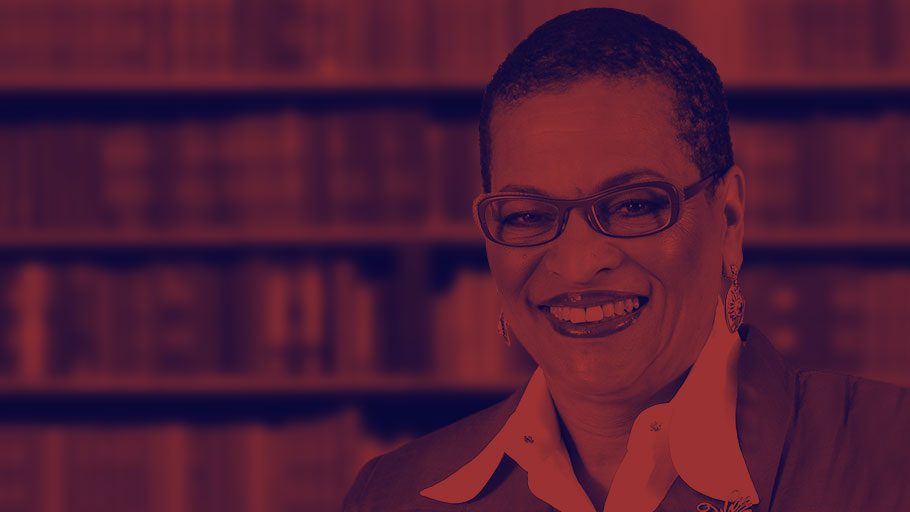I have bad days, even very bad days, as we all do. Example. I woke up late on a day when I had an 8 am meeting. Most days, I’m up before 6, but this day I just blew it. So I’m in a rush, and the new pair of pantyhose runs at the touch of my unmanicured nail. Gotta find a new pair. Go out to my car. No gas. Call an Uber. They late. When I get to my appointment, a scant 5 minutes late, I am met by the assistant of an anal man who says he has to reschedule because I am too late (5 minutes!) to accommodate. So I decide to get a coffee at Starbucks and meander to my lunch meeting, a few blocks away. But when I check my cell, I realize that my lunch meeting is canceled. I make my way home, frustrated and annoyed. A very bad day.
I don’t go buy myself a 9-millimeter gun or drive by a bunch of places where the white men who have frustrated me are employed. I don’t kill a bunch of people. I don’t tell anyone there is some sexual obsession that drove me to insanity. Instead, I do what I often do when I am frustrated. I get some ice cream, preferably butter pecan, and take a small spoon to the big pint. Maybe I have a unique cognac. Or, I call out for some bbq brisket and fried Brussel sprouts. Worst case scenario, I sit in front of my fireplace and shed a few tears for my man, recently departed, who always talked me out of frustration.
I cannot understand why Cherokee County Captain Jay Baker, the spokesperson for the law enforcement group that captured the depraved murderer, would describe his actions as “a very bad day.” Of course, he has since apologized and was removed from his spokesperson duties. And of course, his boss has described his words as the source of “much debate and anger.” I guess Jay Baker just had “a very bad day”. But not as bad a day as Delania Ashley Young, 33, Xiaojie Tanm 49, Do you Feng, 44, Paul Michels, 54, and four others experienced. It was a white boy bad day that left eight people dead.
This rude recounting of a massacre is the essence of white supremacy. You make it all about you. Eight people are dead, six of the Asian American women. And you had a bad day!
Let me tell you about bad days. Vincent Chin, a Chinese American engineer, ran into some depraved white Chrystler employees on June 22, 1982. They blamed him, and folks like him, for the job cuts that Chrystler imposed due to Japanese imports (Chinese, Japanese, not the same thing). Chin was beaten to death, and his murderers got a $3000 fine and 3 years probation. The message – Asian lives don’t matter. Or, more intersectionally, “other” lives don’t matter.
Racist hate has racial dehumanization as its roots. You can’t lynch Black people unless you think they are something less than human. You couldn’t do that to your mother or brother or sister. You can’t sexualize and shoot Asian American women unless you think they are less than human. Would you shoot your aunt or cousin to satisfy your sexual dysfunction?
George Floyd had a “very bad day” when Derek Chauvin killed him with a nearly 9-minute knee to the neck. Sandra Bland had a “very bad day” when a rabid Brian Encina decided to arrest her for both a minor traffic offense and for her unwillingness to bow down in front of him. Twelve-year-old Tamir Rice had a very bad day when, just seconds after sighting him, the much-maligned Timothy Loehmann (fired from another Ohio police department) executed him. Dylan Roof, the deranged white man who shot up Emanuel African Episcopal Church in Carolina church and killed nine people, had such a bad day that the men who arrested him took him to Burger King to get a sandwich.
In other words, your bad day can result in my murder. Your sexual dysfunction becomes my problem. Your gross ignorance puts me at risk because I am a woman – Black, Brown, Asian, Native American. There is a genderized component to American racism, and this genderized component makes it okay for an intellectually vacuous law enforcement official to describe a vicious massacre as “a very bad day”. Bad for who?















